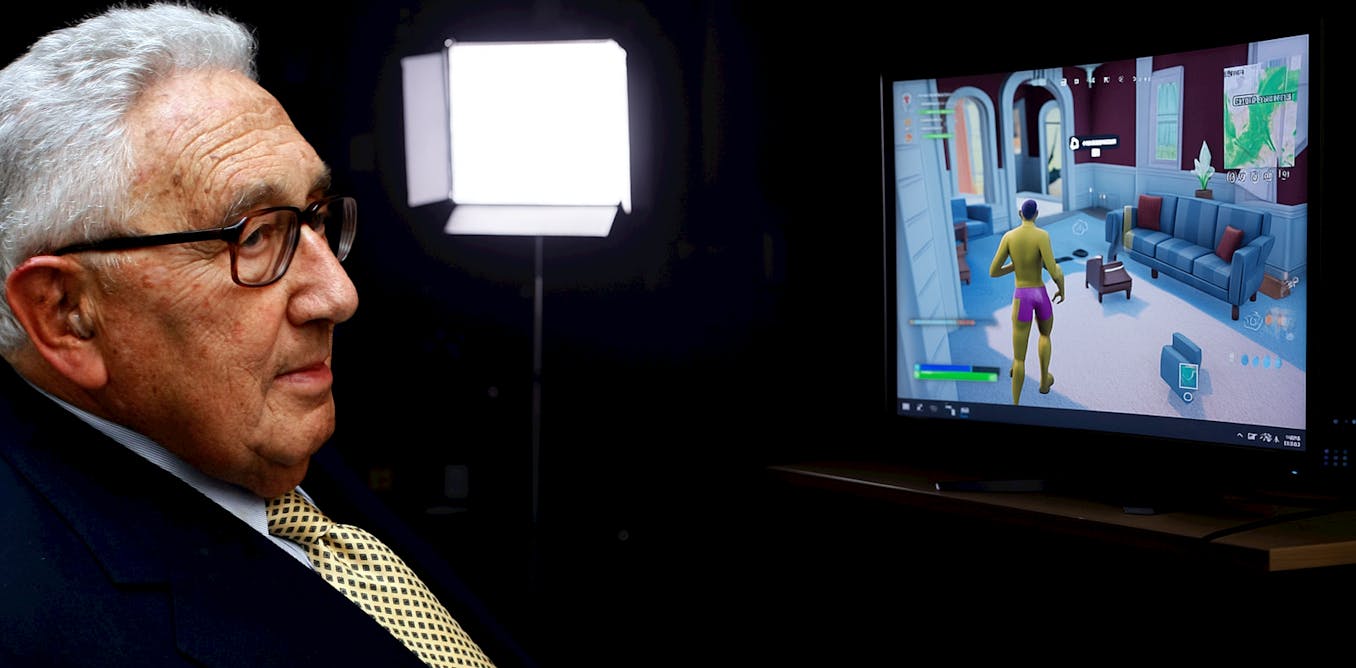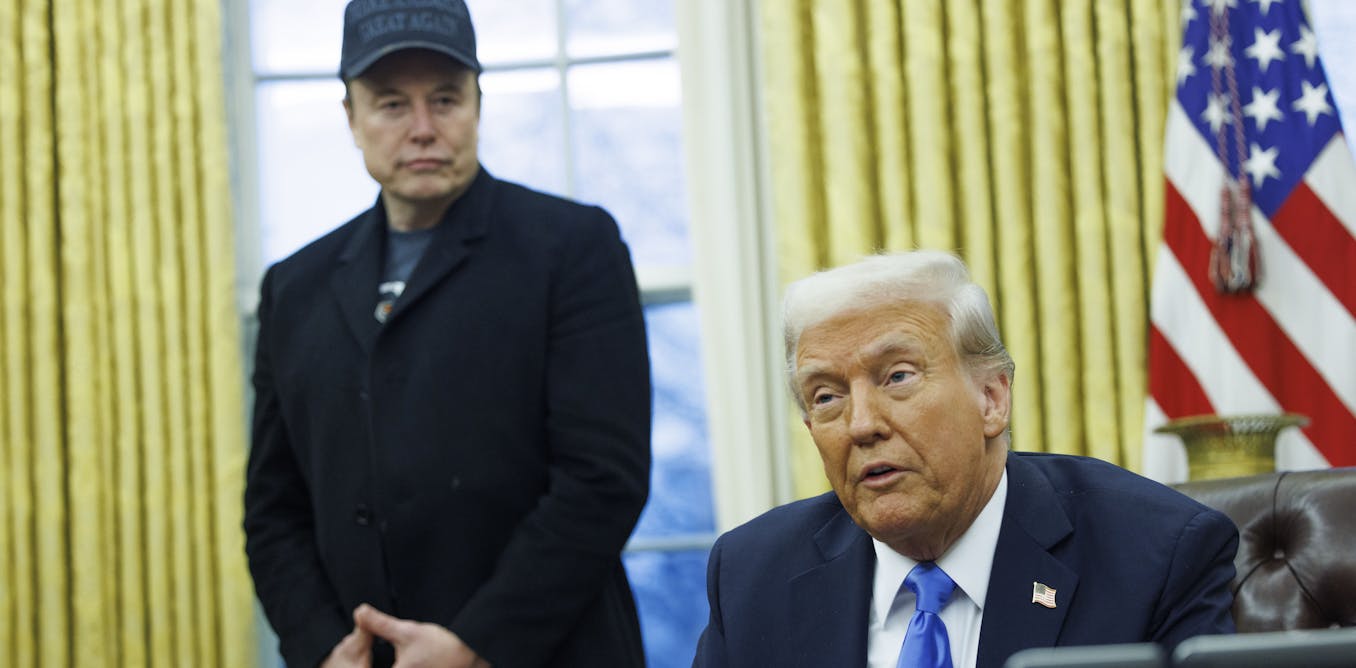Now Reading: Why Kissinger would have been a Fortnite champ − and other foreign policy lessons from the gaming world
-
01
Why Kissinger would have been a Fortnite champ − and other foreign policy lessons from the gaming world
Why Kissinger would have been a Fortnite champ − and other foreign policy lessons from the gaming world

Charlemagne, the medieval Frankish King, has seized control of present-day America and aims to expand his territory by invading the neighboring country. While I may not be a historian, the scenario described resonates with me as a gamer and a professor of international relations. This situation is a possible outcome in the newly released video game Civilization VII, where historical figures rule over distant lands different from their actual historical roles. In this case, Charlemagne is dissatisfied with the empire you manage due to border disputes and is likely to launch an invasion soon.
I have been an enthusiastic player of games like Civ 7 throughout my life, engaging in strategic video, card, board, and role-playing games. I am not alone in this passion, as an estimated 190.6 million individuals in the U.S. regularly participate in various forms of video gaming. While my main motive for playing games is enjoyment, they also contribute to the subject I teach. I recently authored a book titled “The Gamer’s Guide to International Relations,” which explains how popular games offer insights for those seeking to comprehend diplomatic procedures and interactions between nations.
Civilization VII aims to replicate a world of conflict and cooperation, while other games unrelated to geopolitics can also teach valuable lessons. Games like Fortnite, League of Legends, and Minecraft enable gamers to interact with virtual worlds that model the behaviors of leaders, governments, and countries. Here are three ways in which games create environments that reflect fundamental concepts in international relations:
1. Fortnite as realpolitik: Fortnite, a game centered on crafting weapons and survival that debuted in 2017, introduces players to the concept of realpolitik. The core aspect of Fortnite is its battle-royale third-person shooting game, where players compete against 99 others to be the last survivor. The game’s “every person for themselves” principle reflects the international relations theory of realism, emphasizing the self-help system where states pursue power, security, and use force to resolve conflicts.
2. League of Legends and enduring allies: League of Legends, known as LoL, involves teams of five players battling to destroy each other’s base. The game exemplifies the international relations theory of liberalism, suggesting that lasting alliances can bring mutual benefits to countries over time.
3. Minecraft and constructing the world: Minecraft, a popular game that allows players to build structures or engage in various activities, reflects the international relations concept of constructivism. Just as players in Minecraft can collectively set goals and rules, states in international politics can choose to cooperate or prioritize power and security.
While games like Minecraft, League of Legends, and Fortnite are often seen as entertainment rather than educational tools, they offer valuable insights into complex international relations concepts, making the world seem more understandable and relatable.






